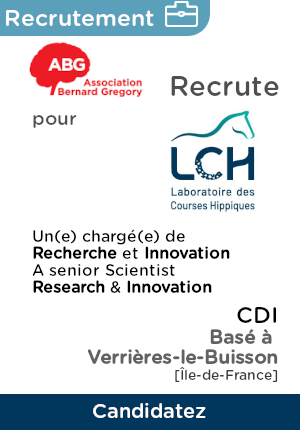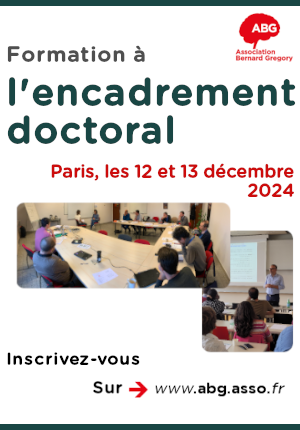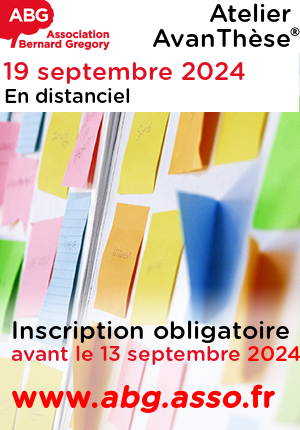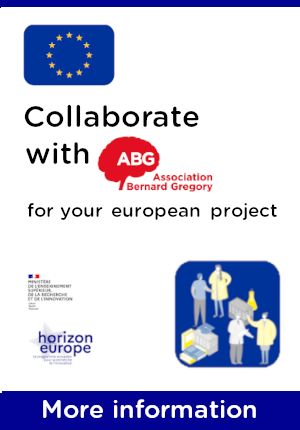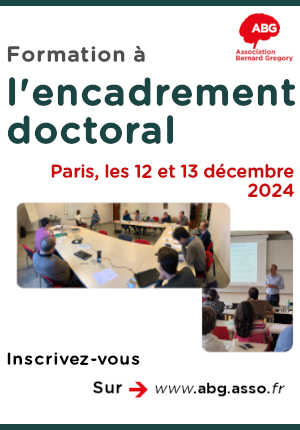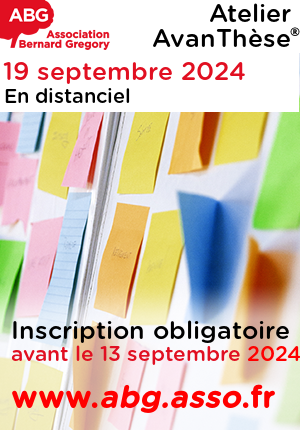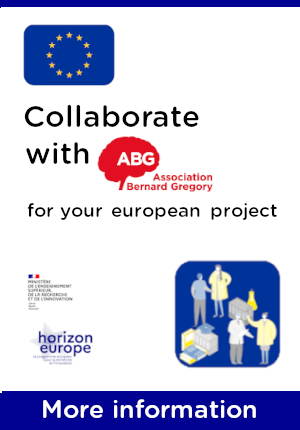Primary and secondary myogenesis
| ABG-125140 | Thesis topic | |
| 2024-07-15 | Public/private mixed funding |

- Biology
- Biology
Topic description
About Our Lab:
Our laboratory is at the forefront of research in early muscle formation, having made significant contributions to understanding the initial stages of myogenesis using the chicken embryo model. Our seminal work has identified crucial signals and morphogenic events that drive early myogenesis (Gros et al., Nature 2005, 2009; Rios et al., Nature 2011). Recently, we have shifted our focus to later stages of muscle development, including myoblast fusion (Melendez et al., Nature Communications 2021).
In ongoing research, we have made a groundbreaking discovery regarding the cellular origins of what classical literature describes as "primary" and "secondary" myogenesis. This field, once vibrant but long forgotten due to the unknown origins of these processes, has been revitalized by our findings. Our discovery opens up exciting new research avenues and allows us to address several pivotal questions about these myogenic lineages:
Molecular Signatures:
What distinguishes the molecular signature of primary myogenesis from secondary myogenesis?
Functional Role of Primary Myogenesis:
What is the specific function of primary myogenesis? Does it serve as an organizing framework for secondary myogenesis?
Emergence of Muscle Types:
Given that primary and secondary myogenesis are closely associated with the development of slow- and fast-twitch muscles, what can we learn about their embryonic origins?
Satellite Cells and Secondary Myogenesis:
We have discovered that satellite cells (the muscle stem cells in adults) and secondary myogenesis share a common origin. How is this process regulated at the molecular level?
Research Scope:
This PhD project aims to shed new light on our understanding of late myogenesis and muscle patterning. You will utilize chicken and mouse embryos as model organisms and collaborate closely with world-leading experts in transcriptomics to drive the project forward efficiently.
Starting date
Funding category
Funding further details
Presentation of host institution and host laboratory
Prof C. Marcelle is a leader in the field of muscle biology, illustrated by a number of high-profile publications in top-tier journals. We address fundamental questions on the cellular and molecular mechanisms regulating muscle growth and repair (including muscle cell fusion, the focus of this project) using the chick embryo as model, and we are producing a vast array of novel expression vectors with many sophisticated features that will be key for the completion of this project. We have established all the techniques that will be needed for this project, and we initiated collaboration with prominent international specialists to tackle all problems that could arise along it.
What we offer:
An exciting, interdisciplinary project in a vibrant, fully international scientific environment, with English as our main working language
Access to our state-of-the-art core facilities
Fully funded position with financing until the completion of your thesis
See (https://inmg.fr/melis/fr/team_marcelle.php) for more infos on our group.
(https://www.univ-lyon1.fr/en) for more infos on the University Lyon1
(https://en.lyon-france.com/) for more infos on the town of Lyon
PhD title
Country where you obtained your PhD
Institution awarding doctoral degree
Graduate school
Candidate's profile
What we expect:
Are you an ambitious, self-motivated, young scientist looking not only to push the boundaries of science, but also to leave a lasting trace with your discoveries, while interacting with colleagues from multiple disciplines and cultures? You are able to go out of your comfort zone to find solutions to technical problems? Do you have an interactive personality and good command of English?
Then our team might be the place you want to be
Experience in molecular biology and/or developmental biology and/or confocal imaging would be a plus.
Vous avez déjà un compte ?
Nouvel utilisateur ?
Get ABG’s monthly newsletters including news, job offers, grants & fellowships and a selection of relevant events…
Discover our members
 PhDOOC
PhDOOC  Institut de Radioprotection et de Sureté Nucléaire - IRSN - Siège
Institut de Radioprotection et de Sureté Nucléaire - IRSN - Siège  ADEME
ADEME  ONERA - The French Aerospace Lab
ONERA - The French Aerospace Lab  Généthon
Généthon  CASDEN
CASDEN  MabDesign
MabDesign  Tecknowmetrix
Tecknowmetrix  ANRT
ANRT  MabDesign
MabDesign  CESI
CESI  Nokia Bell Labs France
Nokia Bell Labs France  SUEZ
SUEZ  TotalEnergies
TotalEnergies  Aérocentre, Pôle d'excellence régional
Aérocentre, Pôle d'excellence régional  Ifremer
Ifremer  Groupe AFNOR - Association française de normalisation
Groupe AFNOR - Association française de normalisation  Institut Sup'biotech de Paris
Institut Sup'biotech de Paris  Laboratoire National de Métrologie et d'Essais - LNE
Laboratoire National de Métrologie et d'Essais - LNE
-
JobPermanentRef. ABG125568Cours GalienBordeaux Grenoble Saint Etienne - Grand Est - France
Résponsable pédagogique études médicales
Biology - Health, human and veterinary medicineAny -
Thesis topicRef. ABG125548Centre de Recherche en CardioVasculaire et Nutrition (C2VN) - INSERM 1263 - INRAE 1260 - Aix-Marseille universitéMarseille - Provence-Alpes-Côte d'Azur - France

Mechanisms involving neutrophils in Venous Thrombosis / Etude des mécanismes impliquant les neutrophiles dans la thrombose veineuse
Biology -
JobPermanentRef. ABG123642Laboratoire des Courses Hippiques (GIE LCH)- Ile-de-France - France
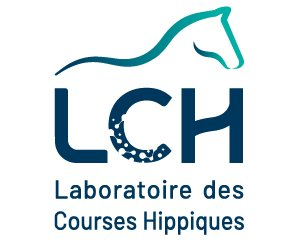
Chargé(e) de Recherche et Innovation (H/F) / Senior Scientist Research & Innovation (M/F)
Chemistry - BiochemistryConfirmed

